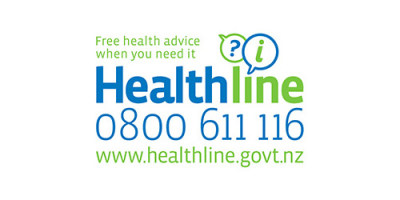HPV vaccination programme effective
“In New Zealand, approximately 50 women die each year from cervical cancer. The HPV immunisation programme was introduced to reduce the incidence of cervical cancer and other diseases caused by HPV. The number of abnormal smear tests and cases of genital warts has decreased significantly in young women since HPV vaccination started. We expect this will lead to a reduction in cervical cancer as vaccinated women reach the age in which cervical cancer develops.”
Ministry of Health
Key information about HPV vaccination programme
- The HPV immunisation programme aims to protect young women from HPV infection and the risk of developing cervical cancer and a range of other HPV diseases later in life. Gardasil® vaccine targets the types of HPV responsible for 70 percent of cervical cancer and 90 percent genital warts. Clinical trials show it is highly effective in preventing these types of HPV in young women who have not previously been exposed to them.
- The HPV immunisation is free for girls and young women up to their 20th birthday. Research shows that the optimal age for HPV vaccination is around 12 years old.
- The HPV vaccination is available through participating schools or from family doctors, local health centres and some Family Planning clinics. All girls who are in year 8 at participating schools are offered the vaccine through a school-based immunisation programme.
- The vaccine was shown to have a good safety profile during large clinical trials in which more than 20,000 people from 30 countries took part, including trials in New Zealand. Gardasil® has been licensed for use in more than 125 countries, including New Zealand, Australia, the United States, Canada and countries in the European Union. In New Zealand, as in other countries, there is ongoing monitoring of vaccine safety.
Key facts about HPV
- HPV is a very common sexually transmitted virus.
- There are many types of HPV.
- Some high-risk types may cause abnormal cell changes of the cervix, the anus, vulva, or throat in women.
- In men, these high-risk types can cause these changes in the penis, anus, or throat.
- Low-risk types of HPV infect the genital area and can cause warts.
- Genital HPV is usually acquired by direct skin-on-skin contact with someone who has HPV during intimate sexual contact.
- If someone has the virus, but have no symptoms, they can still spread the virus through skin contact.
- The HPV vaccine Gardasil protects against the most common types of HPV that cause genital warts and cervical cancer.
For more information visit hpv.org.nz





